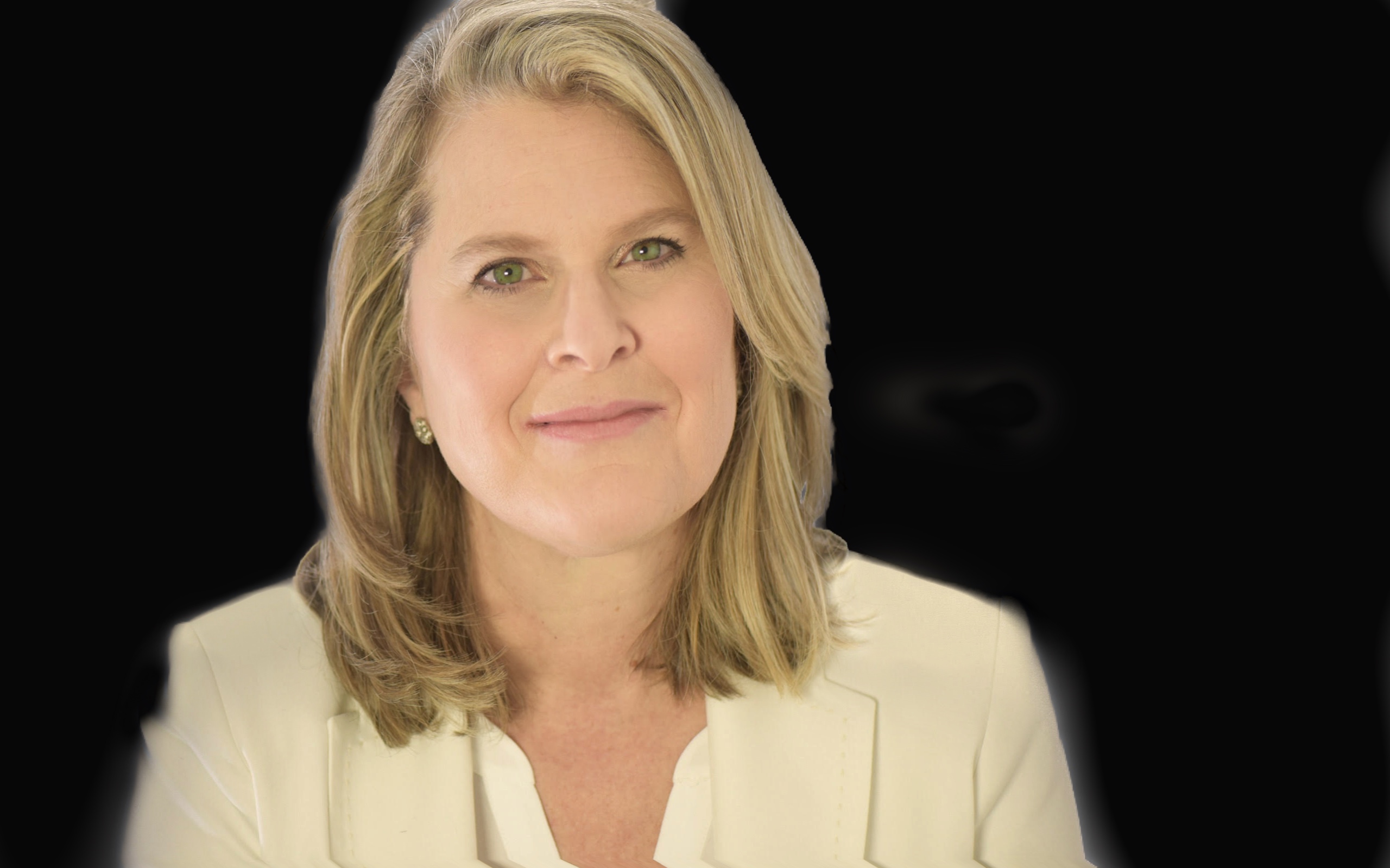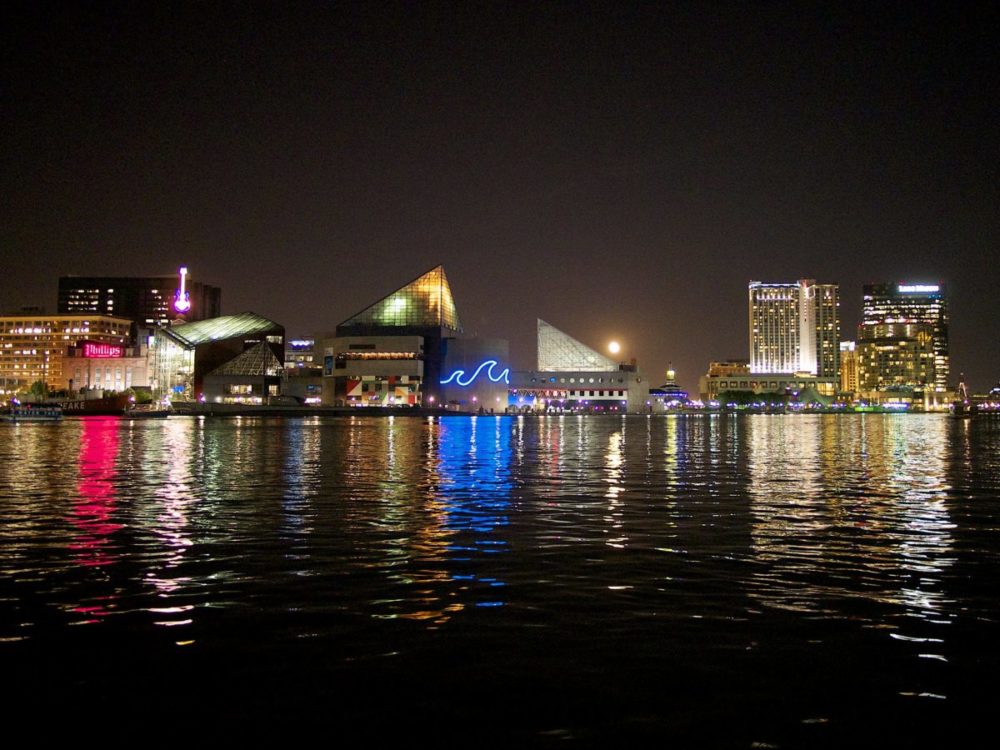Only about 40 miles stand between DC and Baltimore, but it’s long been known for residents of both cities that there’s a large distinction between the two.
As many companies commit to long-term remote work, though, leaders at equity-minded startup ecosystem builder UpSurge Baltimore think there’s a chance for the two cities to collaborate in the ashes of the IRL office space.
It’s a relationship that certainly already exists, with both cities exchanging workers every day among those who don’t mind a commute. Previously, UpSurge CEO Jamie McDonald even founded a Baltimore-based SaaS startup and sold it to a DC company (though she noted that’s not necessarily the goal of many Baltimore companies). But with the pandemic-induced remote work trend making many companies rethink location, there’s an opportunity, UpSurge’s leaders think, to grow the Baltimore-DC ecosystem even further.
DC, McDonald said, proved a natural jumping-off point for tech mafias and a startup ecosystem in the wake of locally headquartered internet giants like AOL (which later on boosted Revolution’s Steve Case) and Blackboard. Baltimore’s own growth reminds of those long-ago beginnings.
“DC is 10 or 15 years ahead of Baltimore in terms of their dedication to building a startup ecosystem,” McDonald told Technical.ly. “That whole group of folks saw 15 years ago what we see in Baltimore today, in that it’s a place that’s got obviously a strong talent base, strong universities and a [potential] significant, large-scale startup right in its backyard.”

For Kory Bailey, UpSurge’s relationship development director, growing the ecosystem between Baltimore and DC could mean a few different things. For one, he noted that an increased talent pool can lead to more diversity in applicants and tech leadership. For startups, it could also mean tapping into the power industries of the neighboring cities, like DC’s govtech and cyber scenes and Baltimore’s life sciences stronghold. He even thinks it could extend all the way down to Richmond, Virginia to really create a holistic network.
“The Greater Washington Partnership really lends an effort and focus on more inclusion, more diversity throughout the whole I-95 corridor,” Bailey said of the group formed in 2016 by CEOs in the DC, Baltimore and Richmond areas. “I think it’s important to note that we can all, even from Richmond as a southern anchor and Baltimore at the northern anchor, really pull together these efforts in a way that is really impactful for the entire region.”

There are a couple of ways he sees this unfolding. For startups based in DC and Baltimore, one strategy could be creating a talent hub in either city. This could mean adding a physical office space or by simply extending the talent pool throughout the nearby region when searching for new employees, including remotely. Some have already been at work at this, as many DC tech workers already live in Baltimore. Not offering that flexibility, be it in person or remote, could mean missing out on talent.
For many hires, the ability to live in one city and work in another could be a dealmaker.
“That idea that we can be in both places and support each geography as a region is an important strategy,” Bailey said.
Instead of focusing on talent, however, a DC-Baltimore partnership could also look at the flip side and take the form of bringing more local power player employers to either city. Bailey and McDonald pointed to national accelerator Techstars as an example of how a nationwide program can grow in both. Techstars has landed footholds in Baltimore and UpSurge works with affiliate Patriot Boot Camp. Fortune 500 company Stanley Black & Decker and Techstars are also teaming up for a new “equitech” accelerator starting in February. In DC, Techstars hosts a longevity accelerator.
That collaboration, McDonald said, is key to building the overall ecosystem.
“We’re open to talking to anyone in DC about ways to collaborate because that’s our natural way of operating,” McDonald said. “We’re very much a one-plus-one-is-three approach and we certainly always say more is more.”
With its strengths in science, medtech and healthcare, plus a large retail brand presence from Under Armor and strengths in environmental tech with its proximity to the Chesapeake, McDonald believes there is ample opportunity in Baltimore. All in all, she said, there’s plenty of room for DC companies to make a foothold in the area.
“There are real opportunities for us to think about how we plug [DC startups] into our infrastructure in Baltimore, and we would welcome the chance to do that,” McDonald said.







